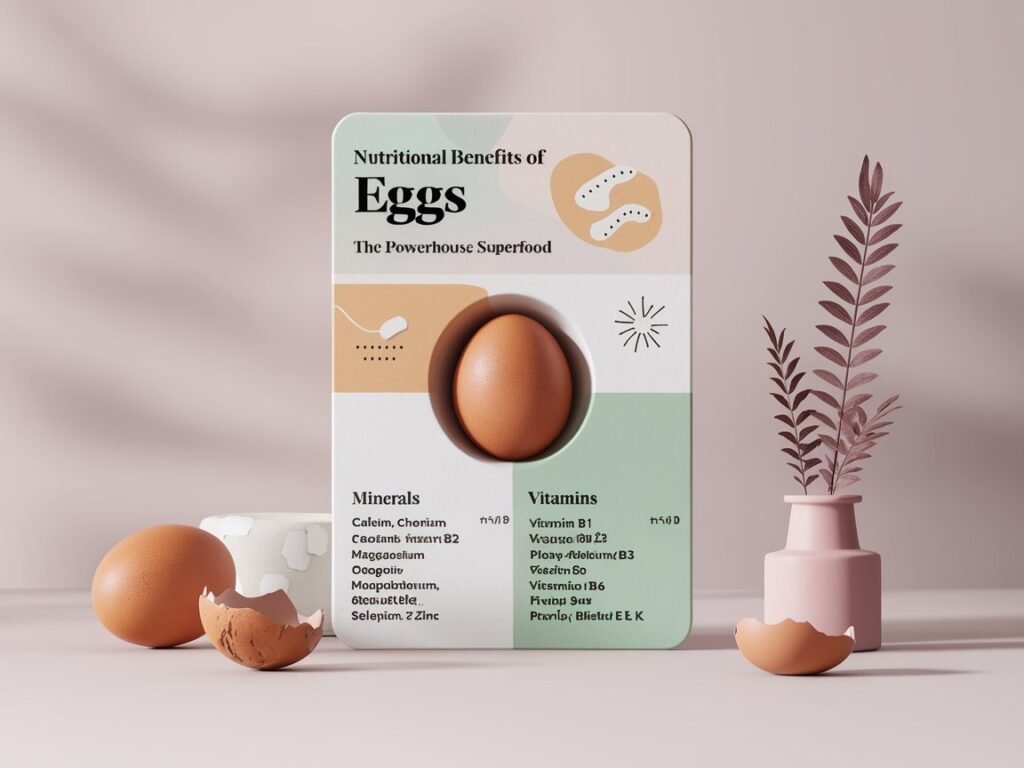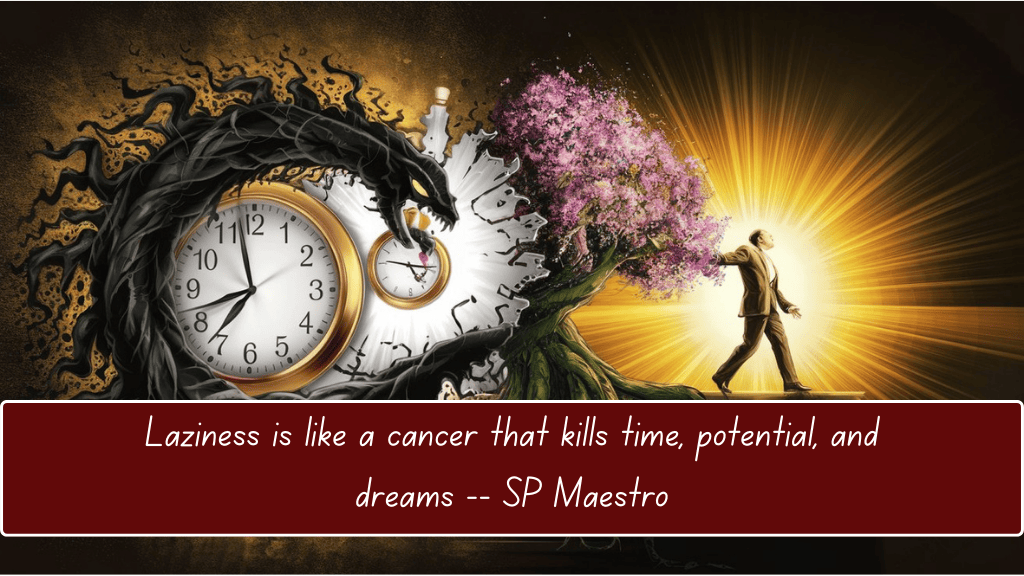Introduction
True happiness is a concept that transcends fleeting moments of joy and superficial pleasures. It is an enduring state of contentment that resides within each individual, waiting to be discovered. In a world increasingly focused on external validation—whether through material possessions, social status, or public approval—the quest for true happiness often becomes tangled in a web of misconceptions. This article aims to explore the essence of true happiness, debunk common myths, and provide insights into how individuals can cultivate joy from within.
Defining True Happiness

True happiness encompasses more than just transient feelings of excitement or pleasure; it is a deep-seated sense of fulfillment and peace. It arises from knowing oneself, understanding one’s values, and living in harmony with them. True happiness is often characterized by a profound sense of well-being that persists despite life’s challenges. It involves emotional resilience and the ability to find joy in everyday experiences, including relationships, nature, and personal growth.
Furthermore, true happiness is intrinsically linked to one’s purpose and passions. Individuals who pursue activities aligned with their core values and interests often report higher levels of satisfaction. This understanding of happiness invites individuals to look beyond external achievements and focus on internal fulfillment.
Common Misconceptions about Happiness
One of the most pervasive misconceptions about happiness is that it is a destination to be reached. Many people believe that achieving certain milestones—such as acquiring wealth, a prestigious job, or a perfect relationship—will lead them to happiness. This belief creates a cycle of continual chasing, where happiness is always just out of reach. In reality, happiness is not a fixed point but rather an evolving state that can be cultivated through awareness and intention.
Another misconception is equating happiness with constant positivity. Some individuals feel pressured to maintain an unwaveringly cheerful demeanor, leading to the suppression of genuine emotions. True happiness allows for a spectrum of feelings, including sadness, anger, and anxiety. Embracing and processing these emotions is essential for achieving deeper levels of happiness, as it fosters authenticity and emotional intelligence.
The Illusion of Materialism
The Pursuit of Possessions
Modern society often glorifies materialism, promoting the idea that acquiring possessions equates to success and happiness. From luxury cars to designer clothing, the belief that these items can fill an emotional void drives individuals into a relentless cycle of consumption. Advertisements and social media amplify this notion, creating an illusion that happiness is directly correlated with what one owns. This pursuit can lead to temporary satisfaction but ultimately leaves many feeling unfulfilled and yearning for more.
Interestingly, studies have shown that material wealth impacts happiness only to a certain extent. Once basic needs are met, additional material gains contribute minimally to overall life satisfaction. Instead, individuals who prioritize experiences over possessions often report greater happiness. Experiences create lasting memories and connections, enriching lives in ways that material items cannot.
How Material Wealth Fails to Deliver True Happiness

The failure of material wealth to deliver true happiness can be attributed to several factors. Firstly, the phenomenon known as the hedonic treadmill explains how individuals quickly adapt to new possessions, leading to a temporary spike in happiness that fades over time. This cycle encourages constant acquisition, which can become exhausting and financially burdensome.
Moreover, the focus on materialism often distracts individuals from more meaningful pursuits, such as personal development and relationships. When happiness is tied to external factors, individuals risk neglecting their inner selves, leading to feelings of emptiness and disconnection. As such, true happiness requires shifting focus from material wealth to cultivating an enriching inner life.
The Journey Inward
Understanding Your Inner Self
To find true happiness, individuals must embark on a journey inward, seeking to understand their inner selves. This process involves self-reflection and exploration of one’s values, passions, and desires. Journaling, therapy, and introspective practices can facilitate this journey, helping individuals uncover what genuinely brings them joy and fulfillment.
Engagement in this self-discovery process often reveals that happiness stems from internal rather than external sources. By understanding one’s identity and purpose, individuals can make choices that resonate with their true selves, leading to a more authentic and satisfying life. This deeper understanding fosters a sense of empowerment, as individuals learn to define happiness on their own terms, rather than permitting society to dictate their emotional well-being.
The Role of Self-Awareness in Finding True Happiness
Self-awareness plays a crucial role in the pursuit of true happiness. It involves recognizing one’s thoughts, emotions, and behaviors, as well as understanding how they impact overall well-being. Individuals who cultivate self-awareness can identify patterns that contribute to unhappiness, such as negative self-talk or unhealthy comparisons to others.
Additionally, self-awareness enhances emotional regulation, allowing individuals to respond to challenges with a balanced perspective. This capacity fosters resilience, enabling individuals to bounce back from setbacks and maintain a positive outlook. By developing self-awareness, individuals can create a solid foundation from which true happiness can flourish.
Practices That Cultivate Inner Happiness
Meditation and Mindfulness

Meditation and mindfulness practices are powerful tools for cultivating inner happiness. These techniques promote present-moment awareness, encouraging individuals to engage fully with their experiences without judgment. Mindfulness fosters acceptance, allowing individuals to observe their thoughts and feelings as they arise, reducing the tendency to dwell on negativity or anticipate future worries.
Research has shown that regular meditation can enhance emotional well-being, decrease stress, and improve overall life satisfaction. It provides individuals with the mental clarity needed to focus on what genuinely matters, opening the door to a deeper connection with themselves and the world around them. Incorporating meditation into daily routines can lead to transformative shifts in one’s perception of happiness.
Gratitude and Its Impact on Well-being
Practicing gratitude is another effective method for enhancing inner happiness. Studies indicate that individuals who regularly express gratitude experience increased levels of positive emotions and life satisfaction. Keeping a gratitude journal, where one records things they are thankful for, can help shift focus from negative aspects of life to recognizing the abundance that already exists.
The act of acknowledging and appreciating the positive can create a powerful ripple effect, enhancing resilience and reducing feelings of envy or comparison. Gratitude encourages a mindset of abundance rather than scarcity, allowing individuals to find joy in both big and small moments. As such, fostering gratitude becomes a crucial practice in the journey toward true happiness.
Building Meaningful Relationships
Meaningful relationships are foundational to true happiness. Studies consistently show that social connections significantly affect emotional well-being, often more so than material wealth. Investing time and effort into nurturing relationships with family, friends, and communities creates a sense of belonging and support, which are essential components of happiness.
Quality often trumps quantity in relationships; cultivating deeper connections with a few individuals can be more fulfilling than having many superficial acquaintances. Engaging in open communication, showing empathy, and being present with others fosters intimacy and strengthens bonds. These connections provide not only companionship but also emotional support during challenging times, reinforcing the notion that true happiness is often found in unity with others.
Stories of Transformation
Personal Narratives of Finding True Happiness
Many individuals have transformed their lives by shifting their focus from materialism to inner fulfillment. Personal narratives abound of people who once chased wealth and status only to find themselves feeling empty despite their accomplishments. One such story is of a corporate executive who, after years of relentless work, reached a point of burnout. Through self-reflection and practices such as meditation, she discovered her passion for helping others and shifted her focus to non-profit work. This change not only reignited her sense of purpose but also led to a profound sense of happiness that far surpassed her previous lifestyle.
Another inspiring tale is that of a young man who, after facing significant personal loss, began to explore gratitude as a means of coping. By consciously listing things he was thankful for each day, he developed a new perspective on life. His journey into gratitude transformed his outlook, allowing him to appreciate life’s simple pleasures and the love of those around him, ultimately leading him to a more joyful existence.
Lessons Learned from Those Who Shifted Focus from Materialism
Across these transformative stories, common lessons emerge. Individuals learn that true happiness does not reside in possessions but in experiences, relationships, and personal growth. Embracing vulnerability and authenticity emerges as a significant theme; allowing oneself to feel and express genuine emotions fosters deeper connections and enhances overall well-being. These lessons serve as beacons for others seeking to navigate their paths to true happiness.
Moreover, the importance of resilience becomes apparent. Many individuals recount how overcoming challenges and embracing change enriched their lives and led them to unexpected joy. This resilience echoes the sentiment that even in adversity, there lie opportunities for growth and transformation, reminding all that happiness is often a journey rather than a destination.
Conclusion
Embracing True Happiness within Yourself
True happiness is indeed a state of being that arises from within. It is a journey marked by self-discovery, inner reflection, and the cultivation of gratitude and meaningful relationships. By shifting focus from material pursuits to inner fulfillment, individuals can uncover a wellspring of joy that is not contingent upon external circumstances.
Encouragement for the Journey Ahead
As you embark on your journey toward discovering true happiness, remember that it is a personal and unique experience. Embrace the ups and downs, and allow yourself to explore what brings you genuine joy. Engage in practices that cultivate self-awareness and foster connections with others. Ultimately, the path to true happiness is illuminated by the light of understanding and acceptance of oneself.
FAQs
What is the difference between happiness and true happiness?
Happiness often refers to temporary feelings of joy or pleasure, while true happiness is a deeper, more enduring sense of fulfillment that comes from within and is anchored in self-awareness, purpose, and meaningful connections.
How can I cultivate true happiness in my life?
To cultivate true happiness, focus on self-discovery and reflection, practice gratitude, engage in mindfulness or meditation, and build meaningful relationships. Prioritize experiences over material possessions to enrich your life.
Can material wealth contribute to happiness?
Material wealth can contribute to happiness up to a certain point, primarily by meeting basic needs. However, beyond that, true happiness is more significantly derived from experiences, relationships, and internal fulfillment.
What role do relationships play in achieving happiness?
Relationships are crucial to achieving happiness, as they provide emotional support, a sense of belonging, and opportunities for shared experiences. Investing in meaningful connections can significantly enhance overall well-being.
Is it normal to have ups and downs in the pursuit of happiness?
Yes, it is entirely normal to experience ups and downs in the pursuit of happiness. Emotions are complex, and embracing the full spectrum of feelings can lead to a more authentic and fulfilling life.

5 Superfoods in February : Broccoli, Grapefruits, Cauliflower, Lemons, and Papayas
Nutritional Benefits of Eggs: The Powerhouse Superfood
7 steps to embrace a happy lifestyle: A Path to Fulfillment
Common Health Problems in the elderly
Healthier You – 10 Proven Strategies to Embrace a Happier
For more captivating spiritual insights, visit Aumaujaya.
For more inspiring spiritual content, visit shreeprabhu.org
A dedicated website for Youth to uplift their inner spirits and shape their future with proper guidence from His Excellency SP Maestro – Please vist auysa.org



